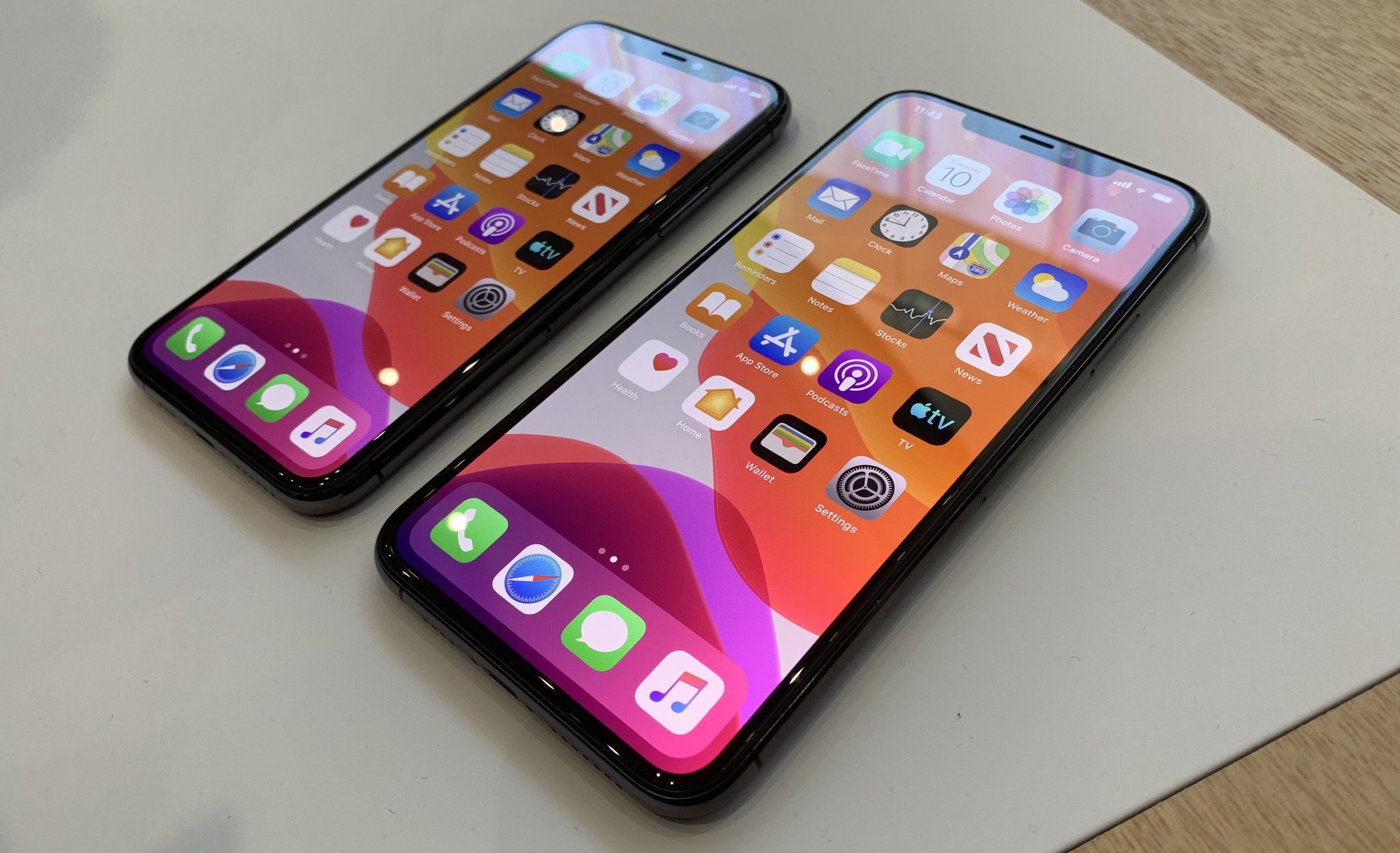Apple's iPhone 14 will reportedly use a 4nm chip despite iPad Pro getting 3nm

iMore offers spot-on advice and guidance from our team of experts, with decades of Apple device experience to lean on. Learn more with iMore!
You are now subscribed
Your newsletter sign-up was successful
What you need to know
- Apple's iPhone 14 will reportedly use a 4nm chip, despite iPad Pro moving to 3nm.
- iPhone 12 and iPhone 13 are expected to share a 5nm production process.
Apple's iPhone 14, set to be announced next year, will likely make use of a new 4nm manufacturing process. That's according to a new report by Nikkei Asia. That same report also notes that the same year will see an iPad Pro make the jump to 3nm chips, too.
This year's iPhone 13 will reportedly use the same 5nm manufacturing process that produced the A14 Bionic for use in iPhone 12, although the resulting chip will likely see a speed bump across the board.
In terms of iPhone 14 however, Nikkei claims that Apple and producer TSMC will settle on 4nm for its chips, acting as an interim measure while production capacity and scheduling for 3nm chips is worked out. Those chips will be reserved for iPad Pro use.
Apple's iPad will likely be the first devices powered by processors made using 3-nm technology, sources said. The next generation of iPhones, which are to roll out next year, are expected to make use of the intermediate 4-nm tech for scheduling reasons.
The use of a smaller manufacturing process means that chips can use less power while offering improved performance, both things that are of huge benefit to iPhones. The use of less power also allows Apple to make batteries smaller where it needs to, allowing for thinner devices — something Apple does love to do.
4nm or not, iPhone 14 will be the best iPhone ever made — at least until iPhone 15 rolls around.
iMore offers spot-on advice and guidance from our team of experts, with decades of Apple device experience to lean on. Learn more with iMore!

Oliver Haslam has written about Apple and the wider technology business for more than a decade with bylines on How-To Geek, PC Mag, iDownloadBlog, and many more. He has also been published in print for Macworld, including cover stories. At iMore, Oliver is involved in daily news coverage and, not being short of opinions, has been known to 'explain' those thoughts in more detail, too.
Having grown up using PCs and spending far too much money on graphics card and flashy RAM, Oliver switched to the Mac with a G5 iMac and hasn't looked back. Since then he's seen the growth of the smartphone world, backed by iPhone, and new product categories come and go. Current expertise includes iOS, macOS, streaming services, and pretty much anything that has a battery or plugs into a wall. Oliver also covers mobile gaming for iMore, with Apple Arcade a particular focus. He's been gaming since the Atari 2600 days and still struggles to comprehend the fact he can play console quality titles on his pocket computer.
